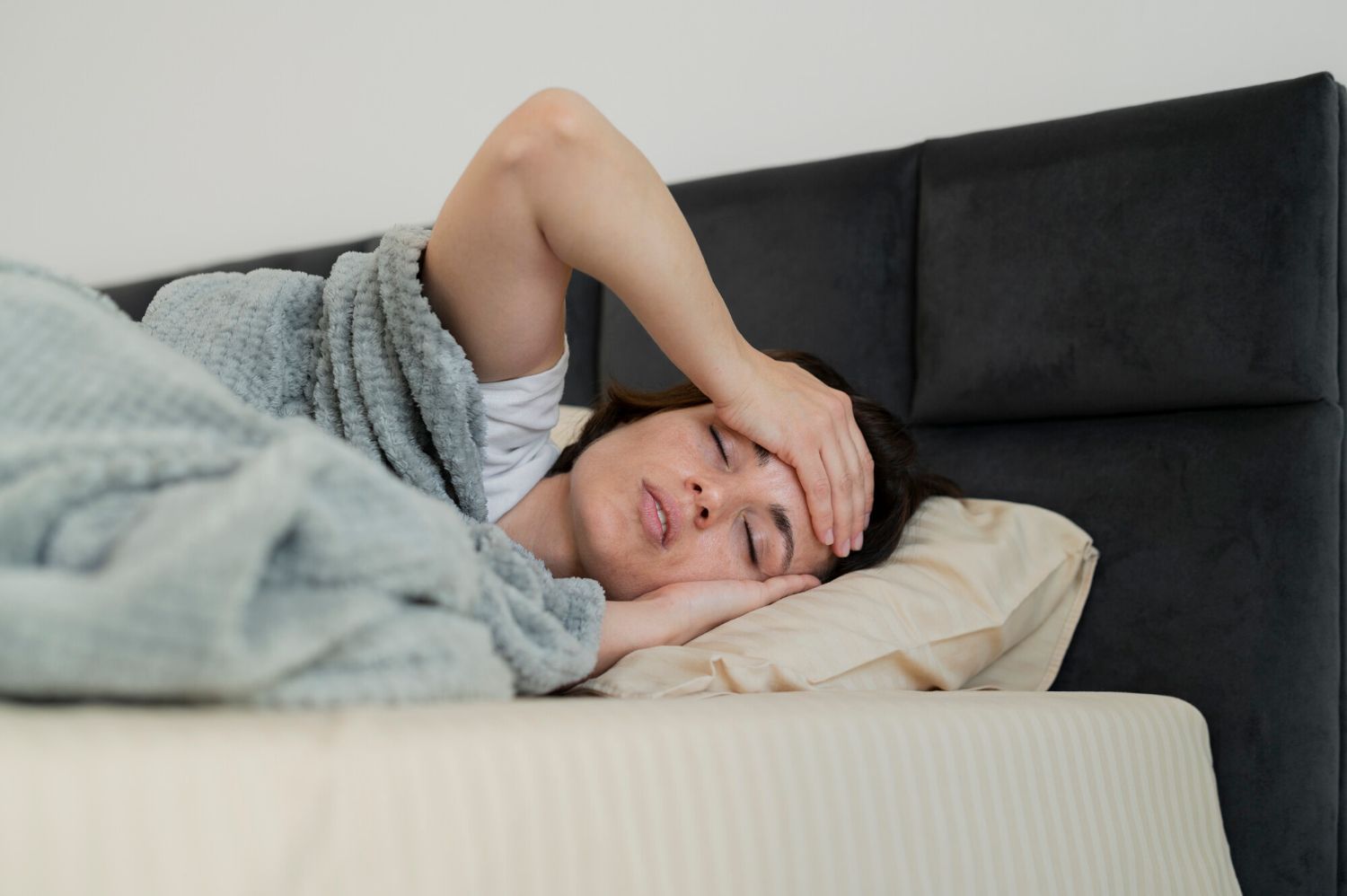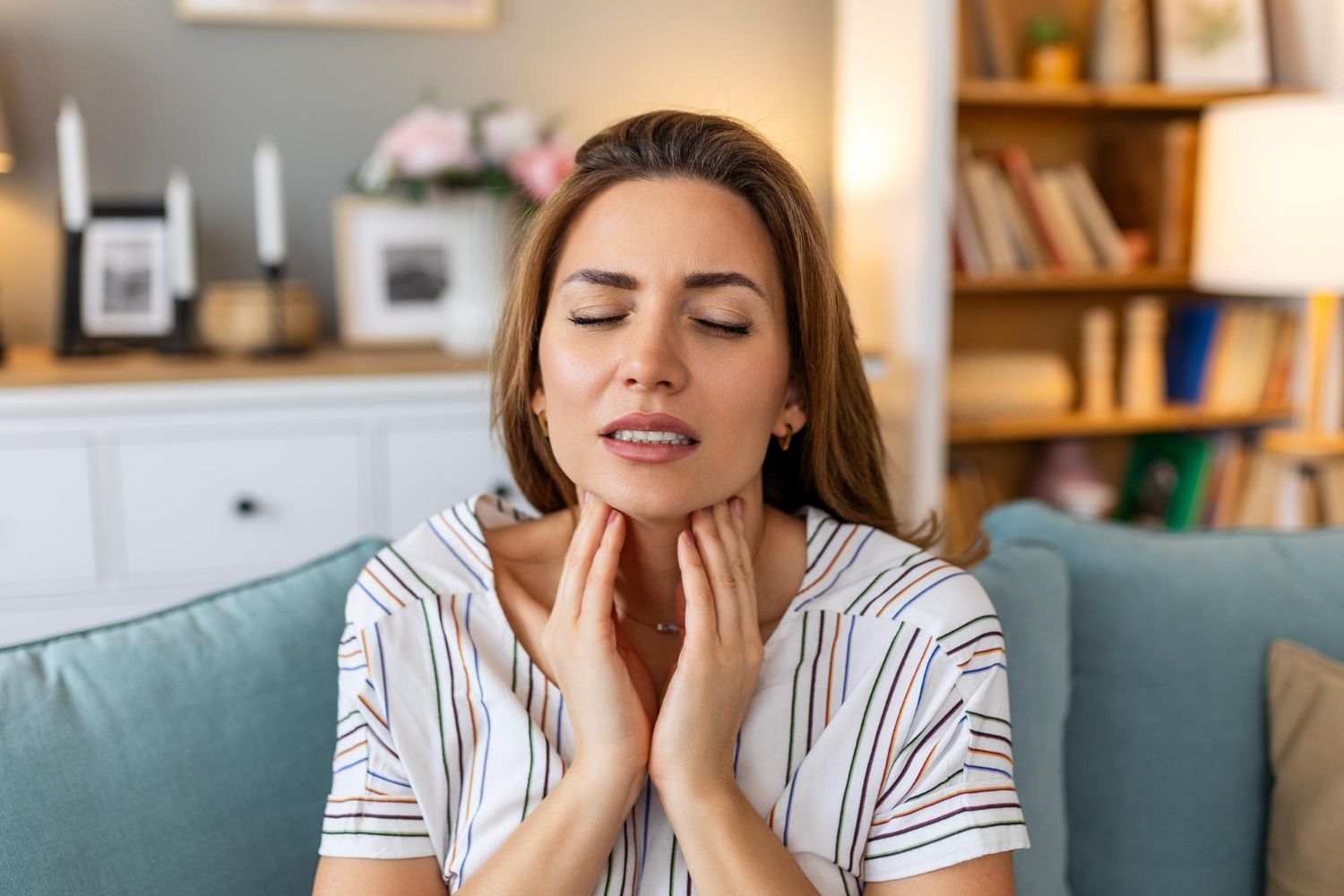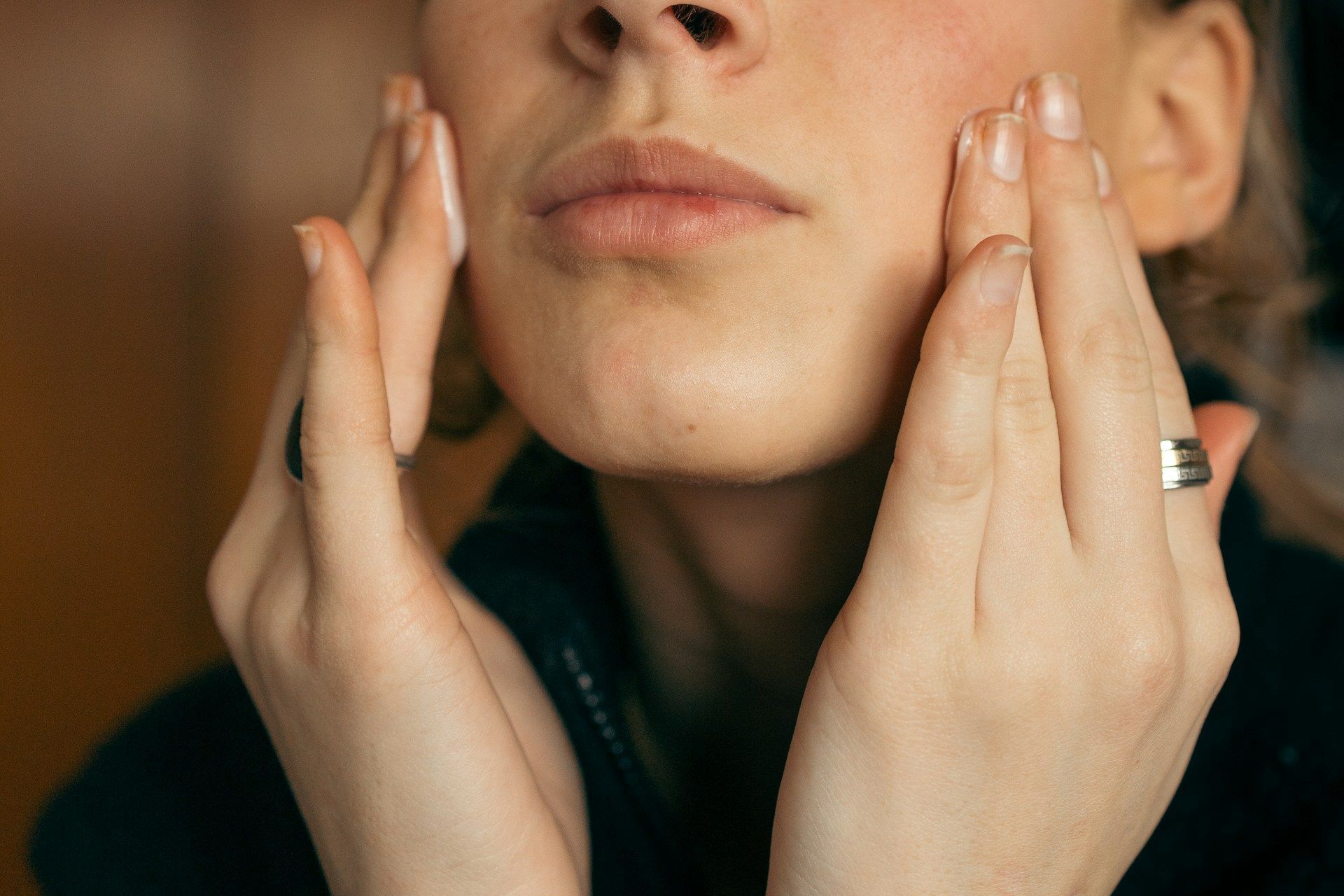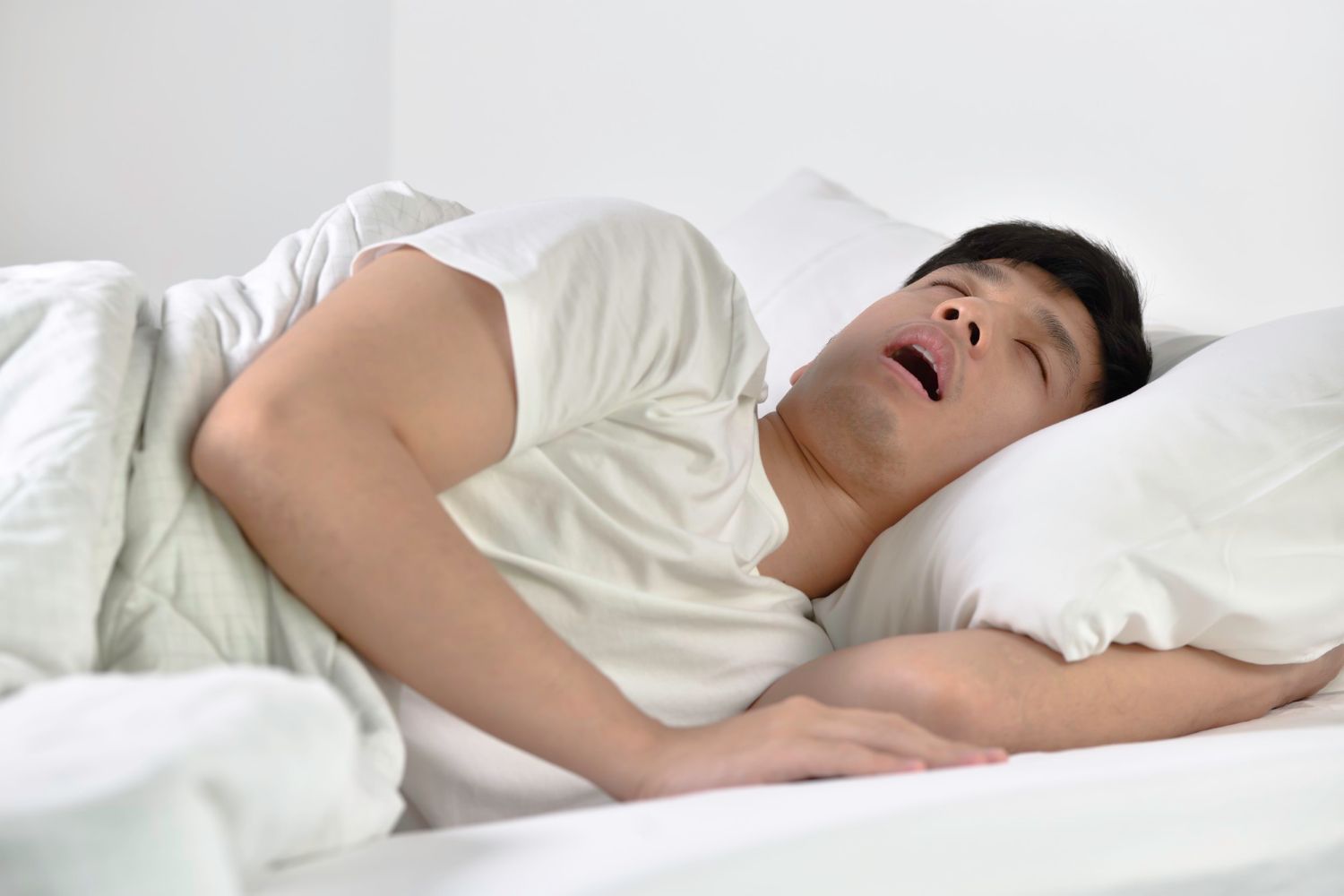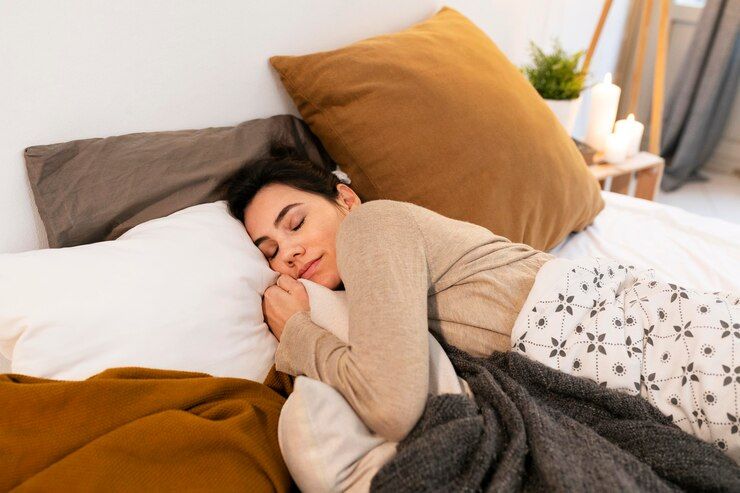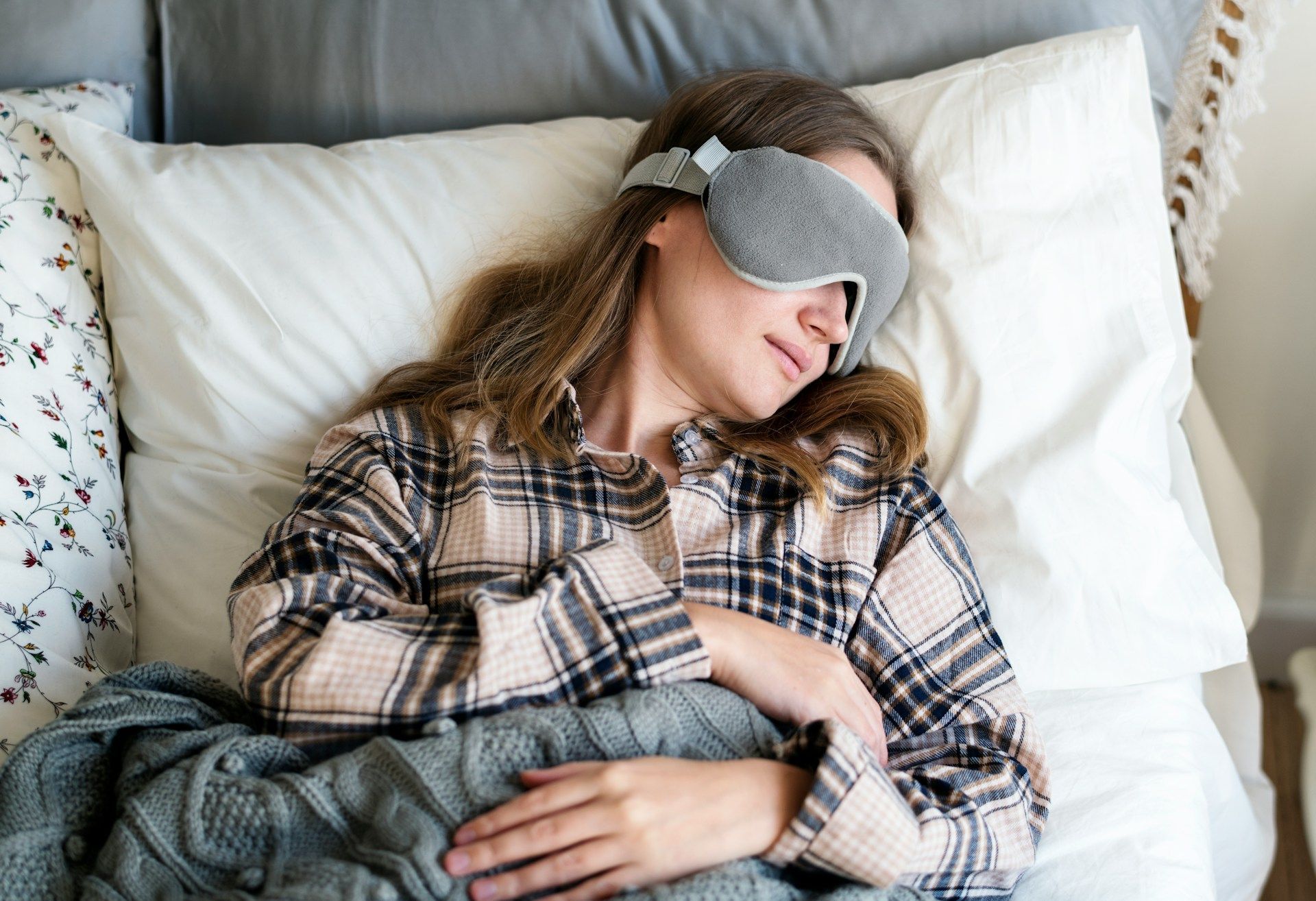Sleep Apnea and Aging: A Comprehensive Guide to Diagnosis, Treatment, and Wellbeing for Senior Citizens
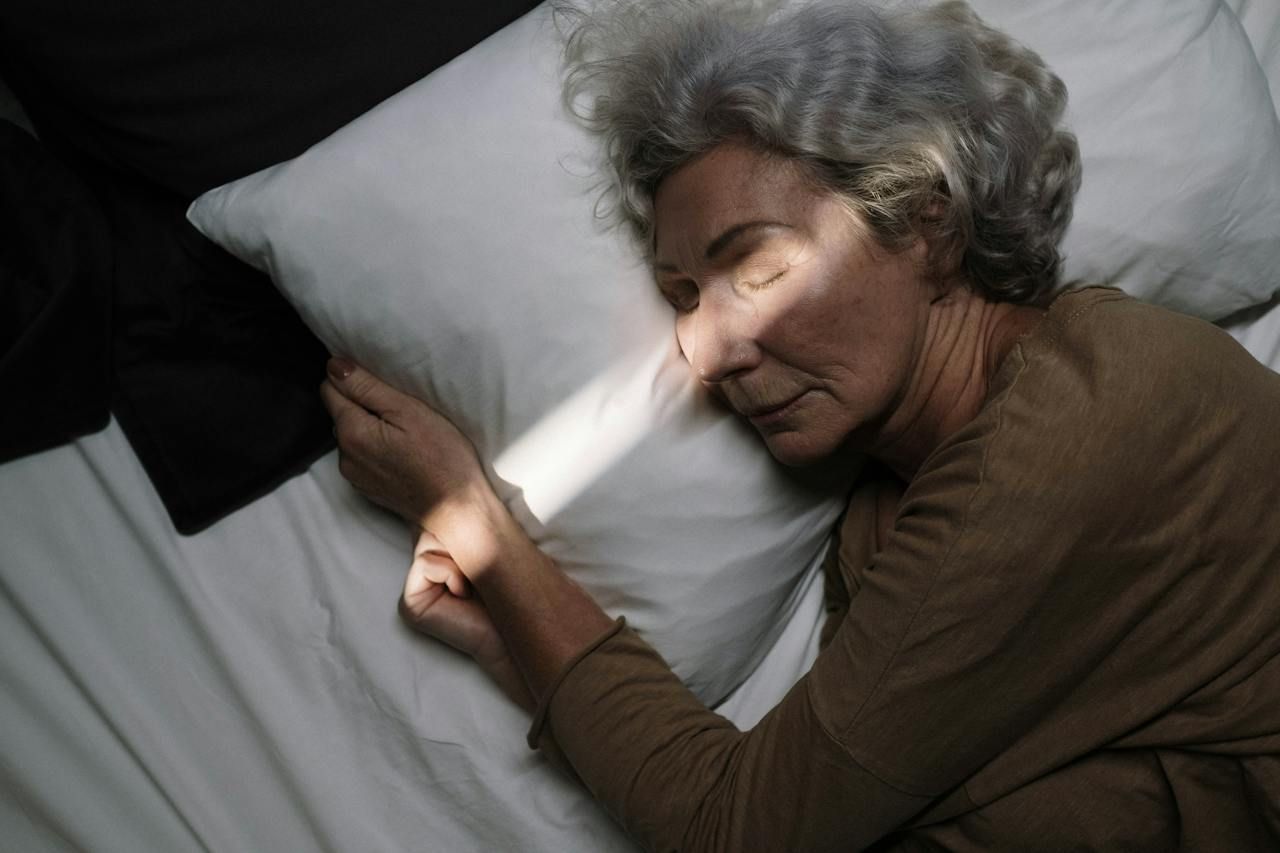
As we age, the likelihood of developing various health conditions increases, and sleep apnea is no exception. Senior citizens often face unique challenges in recognizing, diagnosing, and treating sleep apnea, given the condition's potential overlap with other age-related health concerns or symptoms. However, addressing sleep apnea is critical to maintaining a high quality of life and safeguarding overall wellbeing during our golden years.
This comprehensive guide is designed to educate senior citizens and their loved ones about sleep apnea, providing invaluable insights into recognizing signs and symptoms, navigating the diagnostic process, and exploring effective treatment options. With the help of CSAT Meridian - The Center For Sleep Apnea and TMJ's expertise, seniors can embark on a journey toward managing their sleep apnea, improving their nightly rest, and enhancing their overall health and quality of life.
At CSAT Meridian - The Center For Sleep Apnea and TMJ, we are committed to providing tailored, compassionate care to patients of all ages and backgrounds. Guided by our knowledge, experience, and dedication to sleep disorders and temporomandibular joint (TMJ) conditions, we empower seniors to manage their sleep apnea with confidence and grace.
As we explore the intricacies of sleep apnea in senior citizens, CSAT Meridian - The Center For Sleep Apnea and TMJ will be your trusted partner, offering guidance, support, and treatment solutions that cater to your unique needs. Embrace a brighter future by taking control of your sleep apnea symptoms, and look forward to the comfort, vitality, and improved well-being that await.
A Comprehensive Sleep Apnea Guide for Seniors: Steps to Diagnosis, Treatment, and Improved Wellbeing
1. Sleep Apnea Symptoms and Risk Factors: Knowing What to Look For as a Senior
Understanding the signs and symptoms of sleep apnea is the first step for seniors to address potential concerns. While many symptoms are similar across age groups, older individuals must be particularly mindful of changes in sleep patterns, energy levels, and overall health, as some signs can be subtle. Common symptoms include:
- Loud, persistent snoring
- Choking or gasping during sleep
- Frequent awakenings
- Excessive daytime sleepiness
- Cognitive difficulties and memory impairment
- Morning headaches
- Swelling in the legs (in case of obstructive sleep apnea)
Additionally, seniors should be aware of risk factors that make them more susceptible to sleep apnea, such as obesity, family history, smoking, alcohol consumption, and certain medical conditions like diabetes or hypertension.
2. The Diagnostic Process: How Seniors Can Accurately Identify Sleep Apnea
Proper diagnosis is essential to ensure that seniors receive appropriate care and treatment for sleep apnea. The following steps highlight the diagnostic process:
- Primary Care Physician Consultation: Seniors experiencing sleep apnea symptoms should first consult with their primary care physician, discussing concerns and undergoing a physical examination.
- Sleep Specialist Referral: If a primary care physician suspects sleep apnea, they may refer the patient to a sleep specialist, such as CSAT Meridian - The Center For Sleep Apnea and TMJ, for further evaluation.
- Sleep Study: Sleep studies, including polysomnography (PSG) or home sleep apnea tests (HSAT), may be ordered to monitor the patient's sleep and breathing patterns, providing the data necessary for a definitive diagnosis.
3. Treatment Options for Senior Sleep Apnea Patients: Personalized Solutions for a Restful Night's Sleep
Once diagnosed, seniors have various treatment options available, depending on the severity and type of sleep apnea. The following are some of the most common treatments:
- Oral Appliance Therapy: Custom-fitted oral appliances, such as those offered by CSAT Meridian - The Center For Sleep Apnea and TMJ, can effectively treat sleep apnea by maintaining an open airway during sleep. These removable devices are comfortable, non-invasive, and portable, making them an ideal choice for many seniors.
- Positive Airway Pressure (PAP) Devices: Although not offered by CSAT Meridian - The Center For Sleep Apnea and TMJ, PAP devices are another treatment option for sleep apnea, using air pressure to keep the airway open during sleep. However, seniors should be mindful of potential discomfort, compliance issues, and ongoing maintenance associated with PAP therapy.
- Lifestyle Modifications: Seniors can make changes to their daily habits, such as losing weight, quitting smoking, or adjusting sleep positions, to alleviate sleep apnea symptoms.
- Surgical Interventions: In more severe cases, surgical options may be explored to address structural abnormalities contributing to sleep apnea. However, these procedures carry risks and should be carefully considered in consultation with healthcare providers.
4. The Importance of Ongoing Support and Monitoring: How CSAT Meridian - The Center For Sleep Apnea and TMJ Helps Senior Sleep Apnea Patients
For seniors with sleep apnea, receiving ongoing care, support, and monitoring is essential to ensure effective treatment and long-term symptom relief. CSAT Meridian - The Center For Sleep Apnea and TMJ offers a wide range of services to help seniors manage their sleep apnea, including:
- Personalized Treatment Plans: Our experienced team creates individualized treatment solutions tailored to each senior's unique needs, preferences, and lifestyle.
- Oral Appliance Adjustments: CSAT Meridian - The Center For Sleep Apnea and TMJ provides periodic oral appliance adjustments to optimize comfort and treatment efficacy as patients' needs evolve.
- Comprehensive Care Coordination: We work closely with primary care physicians, sleep specialists, and other healthcare professionals to ensure a coordinated approach to the senior's sleep apnea treatment journey.
- Support and Education: CSAT Meridian - The Center For Sleep Apnea and TMJ offers guidance, education, and encouragement to senior patients and their caregivers, empowering them to take charge of their sleep apnea management.
Conclusion
Navigating the challenges of sleep apnea as a senior citizen can be overwhelming, but with the right support, information, and treatment, individuals can improve their quality of sleep and overall well-being. At CSAT Meridian - The Center For Sleep Apnea and TMJ, we are dedicated to empowering seniors to take control of their sleep apnea, offering comprehensive, tailored services that cater to their unique needs and circumstances.
Through personalized
oral appliance for sleep apnea in Meridian, ongoing support, and expert guidance, CSAT Meridian - The Center For Sleep Apnea and TMJ helps seniors manage their sleep apnea symptoms, allowing them to enjoy the restful sleep they deserve and maintain a fulfilling, active life in their golden years.
Contact Us
The Center for Sleep Apnea & TMJ
1718 S Millennium Way, Meridian, ID 83642
Phone: (208) 376-3600
Fax: (208) 376-3616
All Rights Reserved
The Center for Sleep Apnea & TMJ
All Rights Reserved - Accessibility Statement
The Center for Sleep Apnea & TMJ

